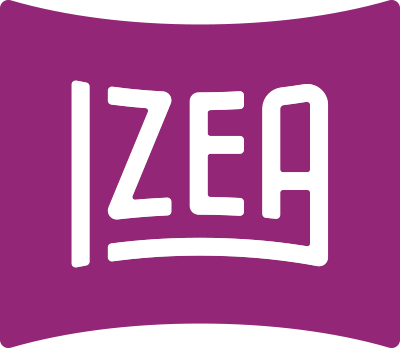
Alexis Ohanian is best known as the co-founder of news aggregator Reddit but he’s an overachiever, of course. He also founded Breadpig, an organization that helps creative types with business, media and crowdfunding strategies and which donates much of its profits to charity and he’s currently traversing the country on a 150-stop tour to promote his bestselling book Without Their Permission: How The 21st Century Will Be Made, Not Managed. But despite his title at Internet royalty, his views on the Web and how we relate to the content we find there are refreshingly down to earth, even humble.
Getting past pageviews
It’s as true on Reddit as it is on the rest of the Web: create an honest, thoughtful, well-reported article and find yourself competing with sensationalistic and misleading headlines—in other words, linkbait. Telling the truth doesn’t seem to get the same level of buzz (or click-through rates).
“I think the truth can sell,” Ohanian says. “When it’s interesting and well-written, it’ll do well.” However, he is quick to point out, the marketplace for content doesn’t care all that much about honesty and accuracy and online media is even more competitive for attention than print media is.
The good news is that this very competition leads to a gradual improvement in quality, at least in some corners: Nate Silver driving a significant amount of traffic to the New York Times with his 538 blog, for example, and bringing rigorous statistical methods to an area traditionally prone to subjective prognostication. “I think with even more noise in the world and growing, the value of being honest and data-driven and compelling is even more valuable because it’s in the face of a lot more garbage,” Ohanian says.
The problem with comments
A recent high-profile example of a website trying to improve the signal-to-noise ratio was Popular Science’s decision to shut down comments after research showed it was negatively impacting the readers’ perception of scientific concepts. While it’s not entirely uncommon for blogs to turn off comments, either for specific posts or for an entire site, it is perhaps a sign that the growing pile of garbage content online is actually having an effect: perpetuating ignorance, on the one hand, pushing “quality” publishers to take a stand, on the other. Ohanian considers it a form of surrender and thinks bad tools are to blame.
“It bums me out when blogs go that route of just saying, ‘Forget it, we’re done,’ only because there’s a lot of great content to be had there. It’s just that most of the tools to surface those [good] comments and moderate them are just bad,” Ohanian explains.
Innovation is happening there, too. For example, the new publishing platform Medium, created by Twitter founders Evan William and Biz Stone, allows readers to comment on specific chunks of articles, with the author deciding whether to make each comment public or not. SBNation allows readers to vote comments up or down and highlights comments with enough “thumbs up” votes to make it easy to scroll through threads. Reddit has threaded comments and a “hot algorithm,” which rewards good commenters and helps threads that readers vote up bubble up and get seen more widely. “We’re open source. I wish more people copied that,” Ohanian says.
Can transparency solve the online content problem?
For Ohanian, the openness of the Web comes at a cost that should be recognized, but absorbed: although the internet has given anonymous critics and bullies a forum for their opinions, it also provides an amazing platform for writers, artists, musicians, businesses and philanthropists to be discovered.
“There’s a gift and a curse to everything and in this instance, for this technology, it gives everyone a soapbox … That means historically disenfranchised voices have soapboxes and can get a message out and can raise half a million dollars for a town in Joplin, Missouri just by sitting at home in Virginia and doing it. Or they can raise awareness and build a movement around something they care about that’s not being covered traditionally. But it also means some random person who’s a jerk can use those same soapboxes to spread garbage.”
Ohanian himself has rallied publicly against Congress’s Stop Online Piracy Act (SOPA) and the Senate’s Protect IP Act (PIPA), speaking to Congress and traveling to campaign for the open internet. More recently, he took to his blog to respond to a controversial event followed by an online firestorm, encouraging others to “create an environment that promotes an open exchange of ideas.”
And when Ohanian himself was falsely accused—the kerfuffle was around Wikileaks’ accusation that he consulted with a military-affiliated intelligence firm—the entrepreneur went transparent, uploading all of his (in the end, minor) communications with the firm in question.
In his view, the transparent nature of the Web worked to clear Ohanian’s name. Confronted with evidence, his detractors retreated, legitimate news organizations realized it was a non-story and moved on.
“This is the reality of the world we live in,” Ohanian says now. “What still made me feel good was that by the end of the day, with enough sunlight, I could disinfect all of the lies and set the record straight.”



